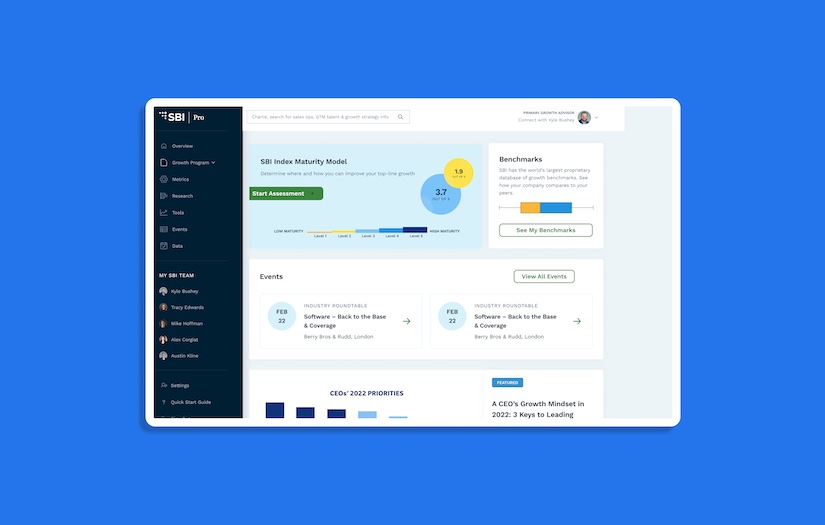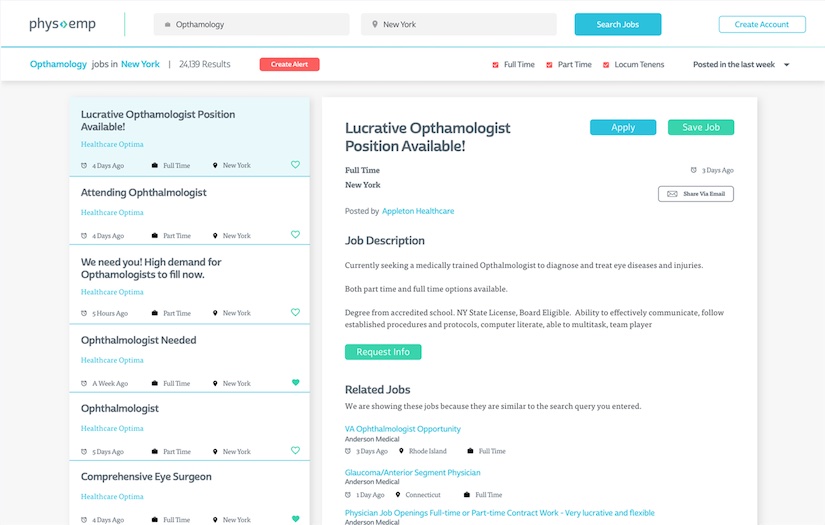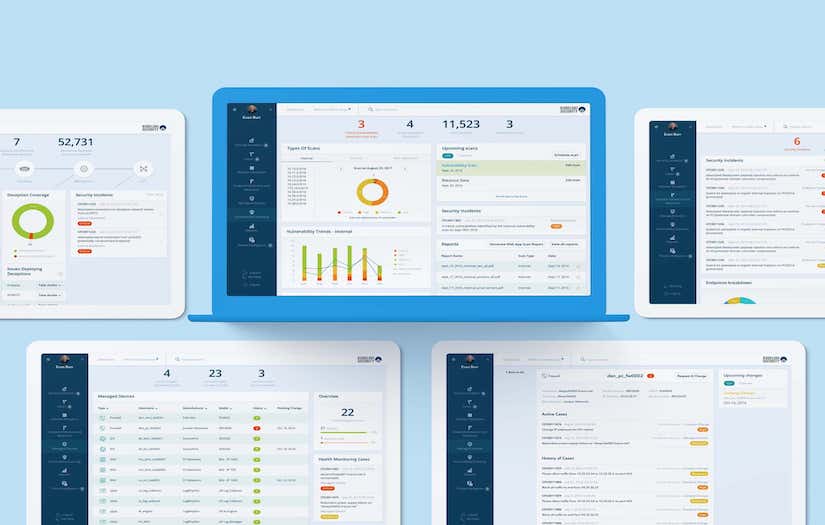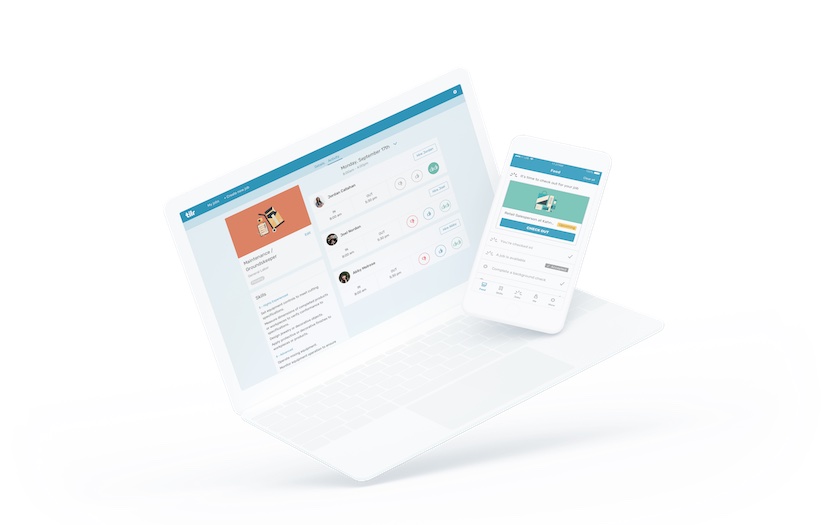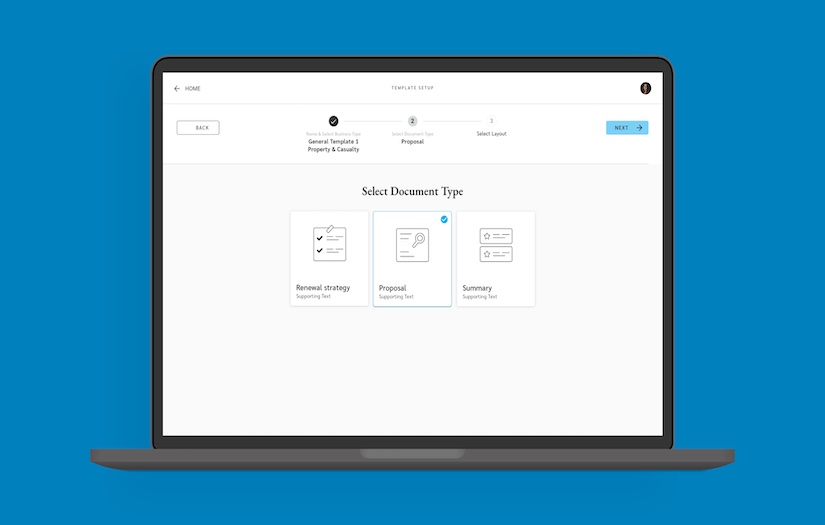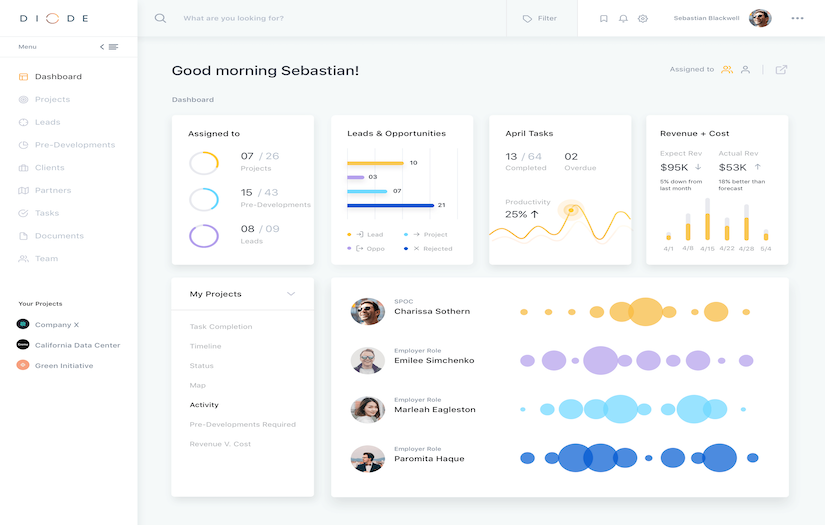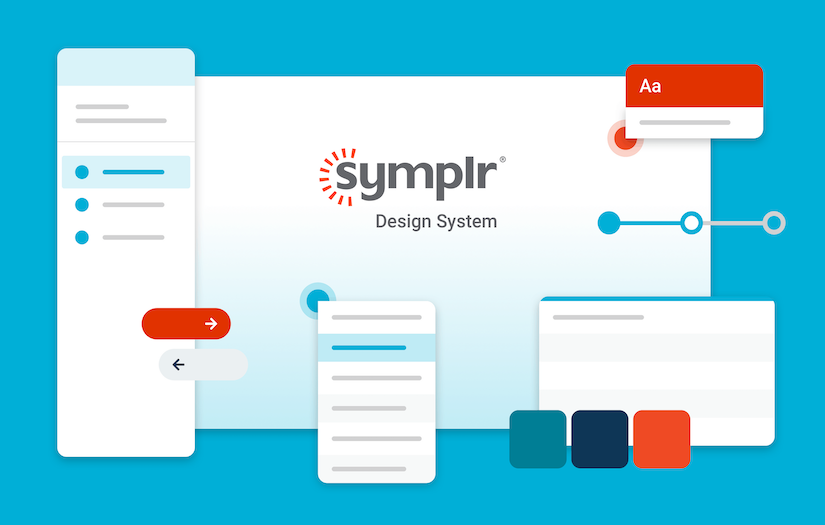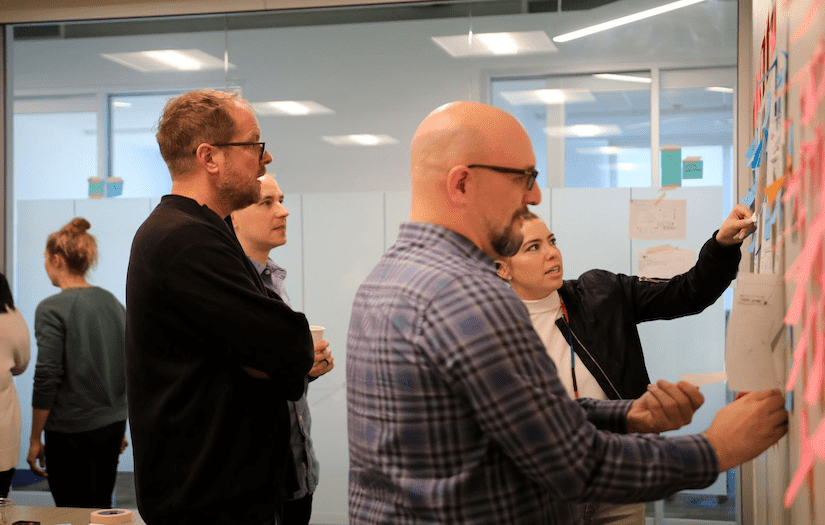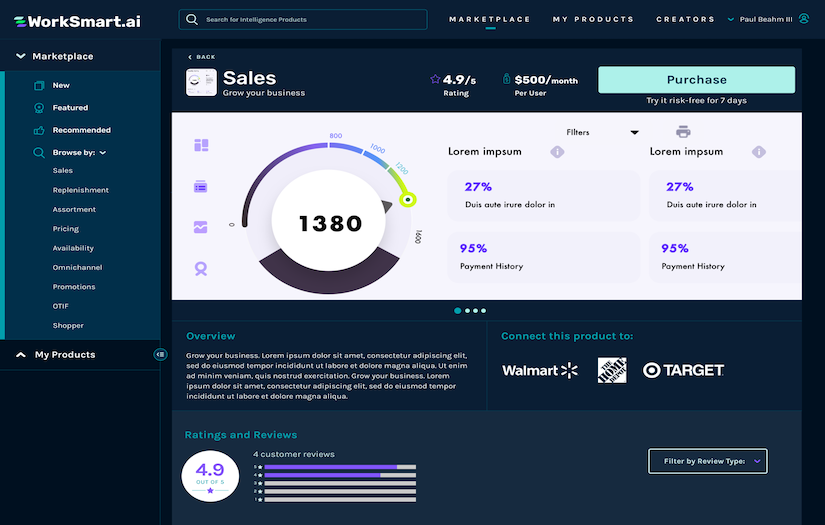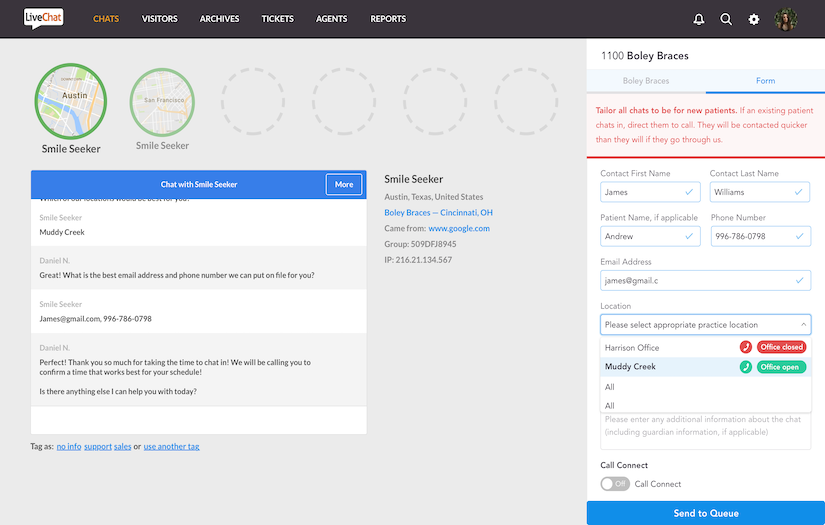
Crema
Crema is a design and technology consultancy
Crema is a design and technology consultancy that helps companies build the custom software they need to compete in today’s market.
Our product teams blend business strategy and technical expertise to create solutions for our clients’ most pressing needs. Whether companies need to automate processes, make more data-driven decisions, or prep for growth, they come to our team of experts to craft a world-class product experience. We offer a wide range of services from problem framing and business strategy to UX/UI design and development.
Crema is not a "dev shop" that churns code without regard for the outcomes that follow. Our clients will tell you that our greatest service is not only providing high quality designs and code, but also bringing the critical thinking, collaboration, and spirit of partnership that carry the experience beyond its intended impact.
Unlike other product agencies, our approach is highly bespoke and strategic. Our methodology is based around small cross-functional teams collaborating towards business outcomes. This agile-oriented model minimizes distractions, emphasizes impact, and provides clear communication paths to focus on the work at hand.
 United States
United States
Industry Focus
- Business Services - 20%
- Healthcare & Medical - 20%
- Information Technology - 20%
- Designing - 20%
- Real Estate - 10%
- Insurance - 10%
Client Focus
Detailed Reviews of Crema
Client Portfolio of Crema
Project Industry
- Oil & Energy - 8.3%
- Other Industries - 41.7%
- Healthcare & Medical - 25.0%
- Utilities - 8.3%
- Retail - 16.7%
Major Industry Focus
Project Cost
- $500000+ - 50.0%
- $10001 to $50000 - 8.3%
- $100001 to $500000 - 33.3%
- Not Disclosed - 8.3%
Common Project Cost
Project Timeline
- 1 to 25 Weeks - 33.3%
- 26 to 50 Weeks - 8.3%
- 51 to 100 Weeks - 58.3%
Project Timeline
Clients: 12
- H&R Block
- American Century Investments
- Black & Veatch
- adidas
- Callaway
- Lockton Companies
- Kudelski Security
- Sales Benchmark Index
- Community America Credit Union
- Tria Health
- JE Dunn Construction
- Beazley Security
Portfolios: 12














